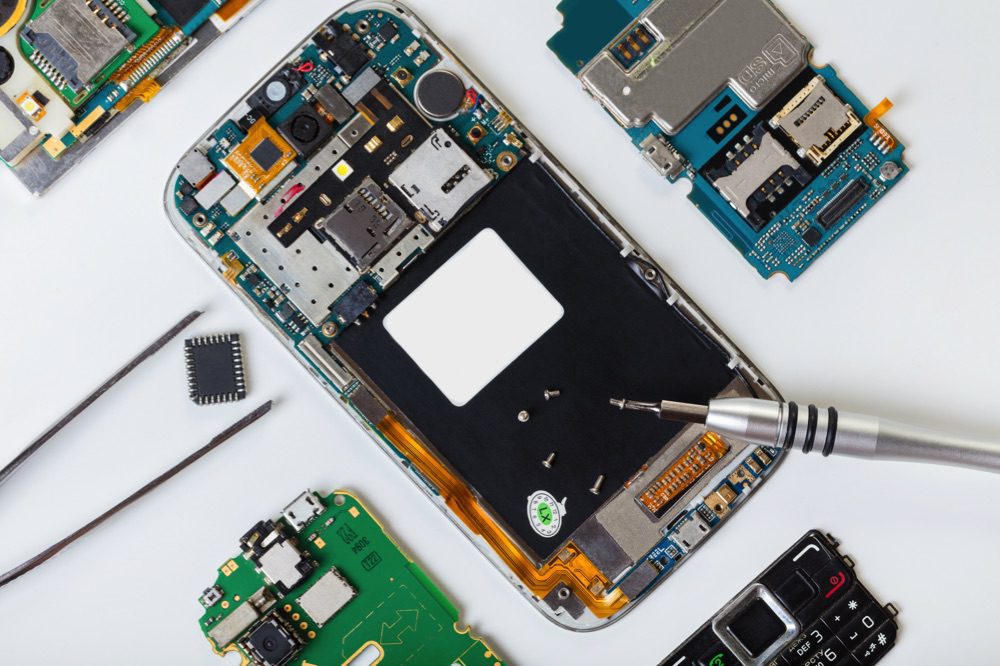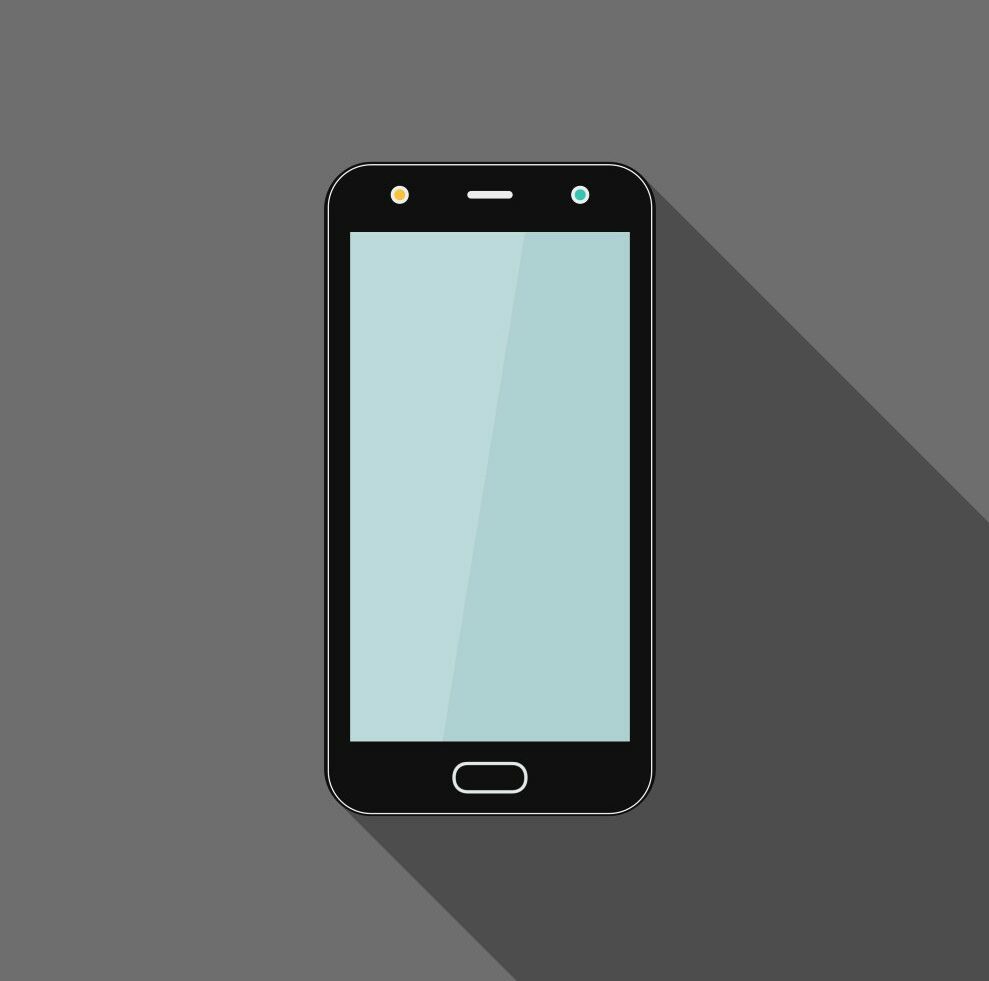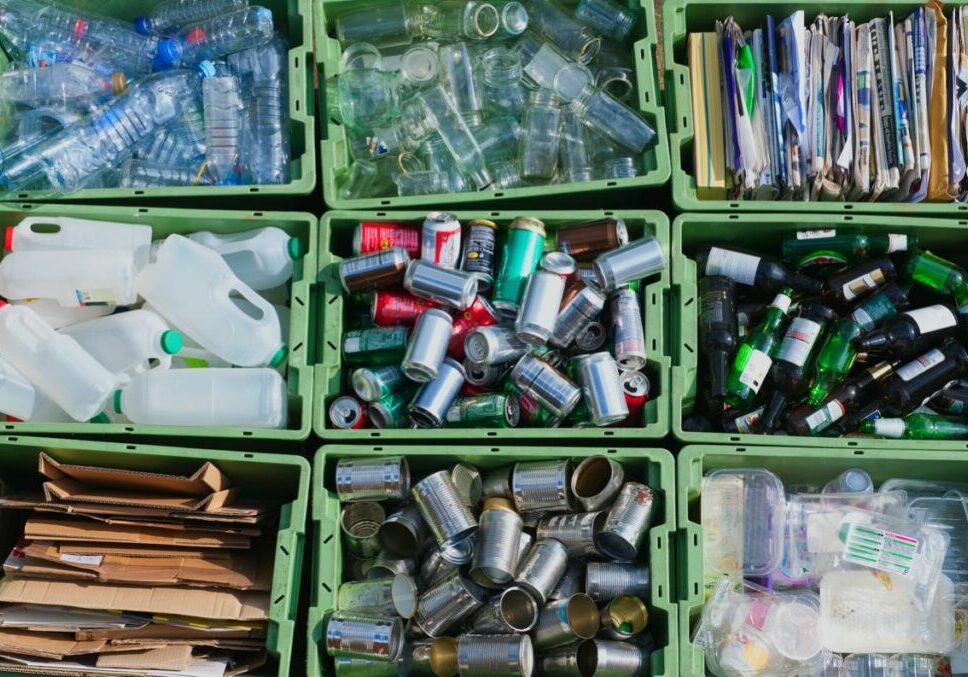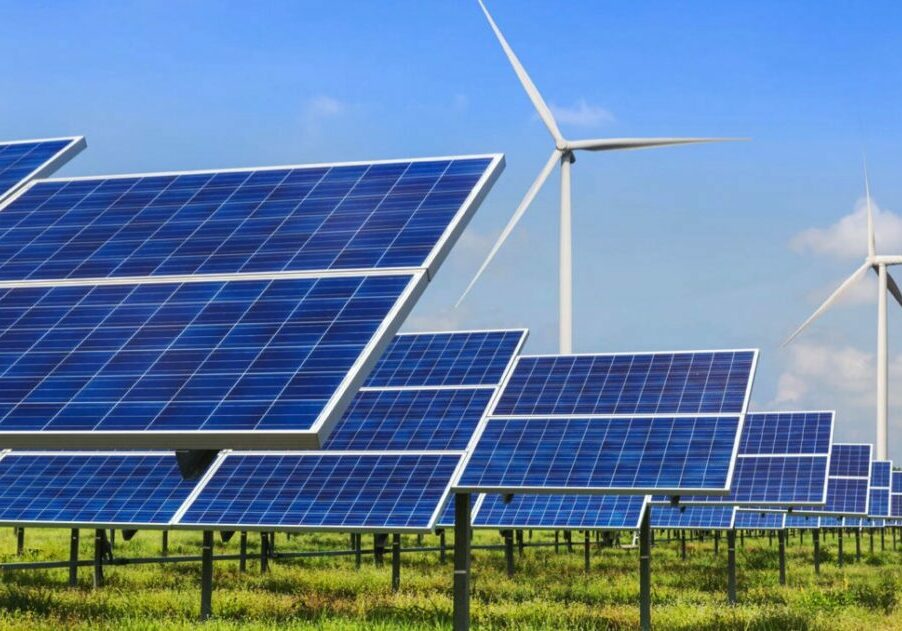Alongside the climate and nature crises, pollution and waste are among the biggest threats facing our planet. From local beaches to the Arctic, human-made waste is choking oceans and killing wildlife. And it’s getting worse.
If we don’t act now to tackle our throwaway economy, there could be more plastic in the sea than fish by 2050. And, however carefully we dispose of unwanted items, we can’t simply recycle our way out of this problem.
The waste hierarchy prioritises ways of dealing with rubbish, from the most environmentally friendly methods down to the least. It can best be summed up with a phrase you may know: ‘reduce, reuse, recycle’.
The addition of the word ‘refuse’ at the start aims to prevent – rather than cure – the problem. Ask yourself: do you really need to buy a new item? Could you buy second-hand instead? If you do need to shop, can you buy less? Recycling should be the last resort.
“The trouble is that by taking the guilt out of consumption, recycling is undermining our efforts to cut back on waste,” says WWF environmental manager Lauren Wiseman.
“Consumer behaviour is driven by convenience. And putting out recycling validates consumption by allowing people to buy whatever they want with a clean conscience. Our priority should be preventing waste and reusing what we already have.”

© GETTY
The great news is that lots of consumer goods can be repaired or resold. Many of us already buy certain items second-hand but with some goods, such as electricals, buying second-hand can have huge benefits.
“Reusing electrical items – and keeping them out of landfill – is important because they release harmful chemical toxins into water and the air that are hugely damaging not only to the environment, but also to the health of living species,” explains Lauren.
Old phones are an example. There are 16 billion mobile handsets in the world. In Europe, a third are no longer in use – the average UK home has around £200-worth of unwanted electronics lying around. But making new handsets is one of the most environmentally damaging industries.
“Phones contain lots of minerals, mined from fragile habitats around the world,” Lauren explains. “During the extraction process, pollutants leach into waterways, land is degraded and workers inhale dangerous fumes. There’s also modern slavery in the supply chain – not just in mining, but in sweatshops and production lines.”
When people upgrade to a new phone, recycling the old one is less effective than you might think. “It gets broken up,” Lauren says. “Precious metals such as gold and copper are removed, and some components are reused. But some parts are exported and end up in open-air landfill, where they leach chemicals such as lead and mercury into the land.”
Five ways to keep tech out of landfill

Keep devices going for longer
When devices start to slow down it’s often because they’re clogged up. Delete old files, empty recycle bins, clear temporary files and remove unwanted apps and programs to free up space. There are simple online tutorials available. Protecting your device will also keep it in use longer, so invest in a case or screen protector.

If you don’t use it, sell it
Second-hand items can be sold via eBay and similar sites, or to high-street retailers like CEX. There are also online retailers who will buy your device, such as Music Magpie, Sell My Gadget or Envirofone.

Donate unwanted devices
If your electronics are still in good working order, local groups might be interested, particularly in computers that can be used to combat digital exclusion. Social enterprise Restart has a map where you can find a collection point for donating computers. You could also check local message boards for suggestions.

‘Take back‘ schemes
If your device is broken or unwanted and you’re upgrading to a newer model, look for a ‘take back’ scheme when you buy the replacement. By collecting old devices from lots of customers, retailers are able to improve the efficiency of recycling collections. Some retailers (such as Currys and B&Q) will accept old electronics even if you don’t buy a new item from them.

If all else fails, recycle
As a last resort, recycling at your local collection point is the best option – look for ‘WEEE recycling’ (Waste Electrical and Electronic Recycling). You can check local options with Recycle Now. Never put electronics or electrical items in with your household rubbish – they can cause fires, explosions or chemical leaks that have a big impact on the environment.
ALL IMAGES © GETTY
The answer, then, is to give old tech a new life. Buying a refurbished smartphone saves around 50kg of carbon emission equivalent and removes the need to extract over 75kg of raw materials. Sell your old phone or take it to a high-street reseller – even if it’s broken. “Resellers might be able to replace the screen, camera and battery and give it a new lease of life,” explains Lauren.
We also need to break down the stigma around second-hand goods being inferior or unsafe. “WWF staff laptops are remanufactured rather than refurbished, which means they’ve been returned to like new – or better than new – condition by replacing parts,” Lauren says. “And retailers usually provide a warranty to repair faults.
“Governments need to encourage retailers, businesses and manufacturers to reuse electricals,” she adds. “Consumers are asked to buy second-hand, but we need businesses to do the same.”
Reusing things isn’t a new idea. Before mass consumerism, empty bottles were collected by milk floats, shoes were resoled, and salvaged scraps were redistributed by rag-and-bone men. The 21st century offers new ways to give life to our used goods – and now it’s more important than ever.
Join the reuse revolution!
To encourage everyone to make sustainable choices, Vodafone and WWF have launched One Million Phones For The Planet. The campaign aims to raise £1 million for WWF by encouraging people to return old phones to Vodafone to be refurbished or recycled responsibly. Every phone returned will raise £1 for WWF. Find out more!
More to explore

10 ways to wise up on waste
From smarter recycling to repairing and reusing what you own, our ideas will help you reduce your rubbish

